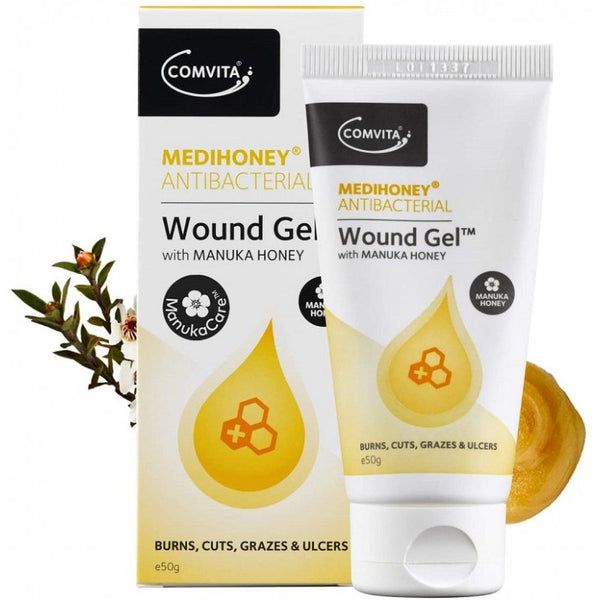Hello. When I came home today and checked on my quaker parrot, Gumi, she'd plucked out many of her chest feathers to the point of moderate bleeding. She was perfectly fine yesterday, and she's plucked in the past, but never something this severe. My mom & I instantly put pressure on the wound and applied some diluted warm salt water to help clean it. We don't have immediate access to any avian vets because of our schedules and location. A few hours later and she's doing fine, the bleeding has completely stopped, I thought she was continuing to pluck at first but upon further inspection she's actually just cleaning the blood off of the feathers (and doing a very good job of it at that). She's acting perfectly normal aside from her wound.
Until we can get help from a veterinarian, which should be sometime this week, how can we properly care for her wound? My mom's suggested using things like ethyl alcohol and most sources are saying it's safe, but I want to check with other bird owners to see more input and ideas. I've seen several sources saying betadine is good to use. Recommendations for bird-safe antibacterial creams or anything along that line to make sure it doesn't become infected would be amazing.
Until we can get help from a veterinarian, which should be sometime this week, how can we properly care for her wound? My mom's suggested using things like ethyl alcohol and most sources are saying it's safe, but I want to check with other bird owners to see more input and ideas. I've seen several sources saying betadine is good to use. Recommendations for bird-safe antibacterial creams or anything along that line to make sure it doesn't become infected would be amazing.

